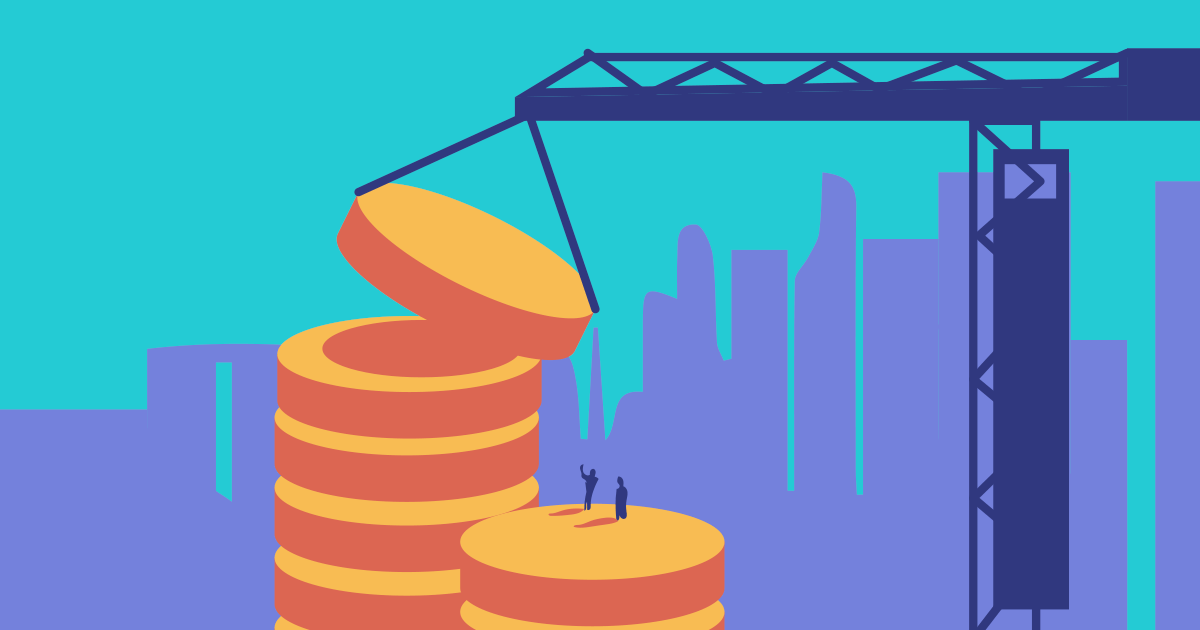How Do Dividends Work in Singapore?


You’ve made a profit and are thinking about paying it out to shareholders. Here’s all you need to know about dividends in Singapore.
Before we start, just a quick announcement: we provide no nonsense online accounting services. Just so you know.
What is a dividend?
Proof of share ownership.
A share certificate is a verification that proves you own shares of a company, and that you are a certified shareholder of that company.
When your company has made a profit, you get to choose whether you want to invest it into growing the business or distribute between shareholders. The distributed profit is called dividends.
No Tax on SG Dividends
Singapore has a one-tier tax system so income is only taxed once. The dividends are tax exempt to the shareholders.
How much can I distribute?
Dividend distribution rules say you can distribute all profit remaining after paying your taxes and settling your losses. Let’s say after tax your business has made a profit of S$30,000 this financial year. If you have S$10,000 losses from the year before, you need to offset those first. The remaining S$20,000 can be distributed as dividends.
How much does each shareholder get?
Usually, each shareholder gets dividends according to their share. If you want to set up a different ratio, you can state that in the shareholder distribution agreement.
Can I distribute dividends if my company has not made a profit?
No. If your company has declared and paid dividends when there are no profits, the directors who were aware of and approved the payment will be guilty of a criminal offense. The consequences may be a fine of S$5,000 or a year in jail.
The company’s debt to creditors also has to be paid by the directors. Even the ones who didn’t know there was no profit have to pay the debt as these cases are considered as negligence or breach of fiduciary duty.
What do I need to do to declare dividends?
There are interim and final dividends. Decisions on interim dividends are made by the board based on the estimates for the year. A directors’ resolution is enough.
Final dividends are approved by the shareholders at the end of the financial year. That requires their unanimous agreement in a vote. This usually happens during the Annual General Meeting (AGM).
For both interim and final dividends, your Corporate Secretary must issue declare warrants to each shareholder. The details have to go into your accounting books.
As soon as you have agreed on paying dividends, they become the company’s debt to shareholders until paid.
Can I pay myself dividends instead of salary and save on taxes?
Paying taxes as a director.
As a company director, you would have to pay taxes on the salary you earn.
If you are a director or an employee in your business, you should have a reasonable salary adequate to your role. A business owner who gets only dividends will not have a source of income if his business stops making a profit.
So look at it this way: dividends are what you and other shareholders receive as a bonus for having a profitable business.
Attention
If you are a foreigner, the salary and the taxes you pay affect your legal status: the Ministry of Manpower looks at these when deciding on your visa.
Do I need to declare dividend income?
No. Just make sure your company will provide the dividend information to IRAS and state this on the dividend voucher.
Does total return include dividends?
Yes, it does.
How can I calculate the dividends payout ratio from the balance sheet?
Easy.
- Take the total common shareholders’ equity figure (you will find it on your company’s balance sheet).
- Divide this amount by the company's present share price.
When are Singapore dividends taxed?
In the year they are declared payable.
Why do companies pay dividends?
To put it simply, a company needs to stimulate all its shareholders’ interest in holding the stocks. And as a thank you gesture for their support, a company lets them share the profit.
Are dividends recorded on the balance sheet?
As soon as the dividends are paid, there is no need to record them on the balance sheet.
Do dividends go on the balance sheet?
The balance sheet usually contains the dividends you declared but haven’t yet paid. You put them under the heading current liabilities.
Where are dividends paid from?
Dividends usually originate from the company's net profits.